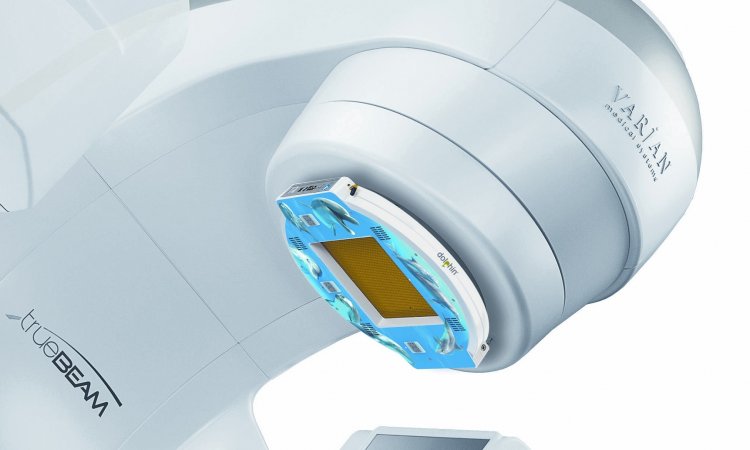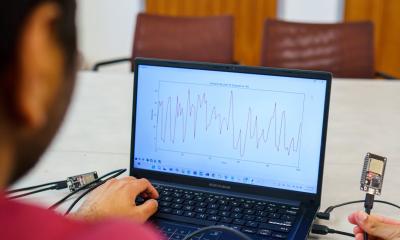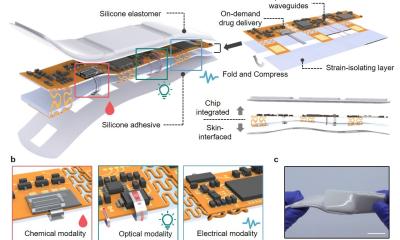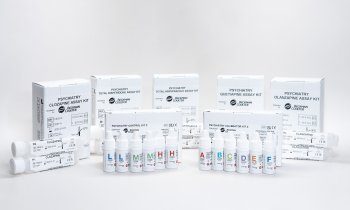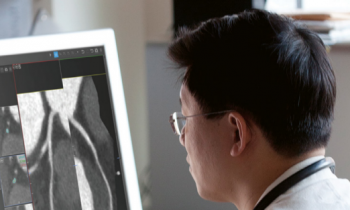
News • Health IT in sports
Olympic cooperation for precision medicine analytics
The Olympic Games are starting to prove themselves not just as a showcase for the world's elite athletes, but for leading-edge health IT initiatives.
The International Olympic Committee and GE Healthcare announced the launch of a new analytics tool meant to enable personalized care at the 2018 Olympic Winter Games in South Korea, as well as at the 2020 Summer Games in Tokyo. GE Healthcare officials said the Athlete Management Solution, or AMS, will feature dashboards with real-time analytics on information pertaining to injury type and illness outbreak to help clinicians improve athlete health, performance and safety. Caregivers can access and input multilingual data from anywhere via mobile tablet. The platform is able to aggregate multiple kinds of health data – imaging scans and patient vitals, as well as venue, event and sport-specific information – to give medical staffs the insights they need to help personalize treatment for athletes and identify trends in injury and illness across the Games.
Through digital transformation, the IOC is pursuing its mission of helping to prevent injuries among our world-class athletes
Richard Budgett
GE officials point out that cloud-based AMS could identify a particular hotspot where multiple injuries are occurring or a spike in illness among spectators who attended an event at a specific venue. “Through digital transformation, the IOC is pursuing its mission of helping to prevent injuries among our world-class athletes,” said Richard Budgett, MD, medical and scientific director for the IOC. "With 40 sports across the Olympic Games and Olympic Winter Games, each athlete requires unique healthcare monitoring and care. AMS will provide information that helps clinicians personalize training and treatment, so Olympians are best positioned to compete.”
The AMS platform is meant to allow team doctors from around the globe collaborate with each other regardless of language. Supported languages include English, French, Arabic, Russian, Chinese, Japanese, German, Spanish and Korean, officials say. All AMS terms and data were edited and validated by native speakers to help ensure proper and accurate translation. Representatives from the United States Centers for Disease Control, the Korean Center for Disease Control and Prevention and the Public Health England Centre of Infectious Disease Surveillance and Control have all been trained on AMS.
Source: HIMSS
09.02.2018



